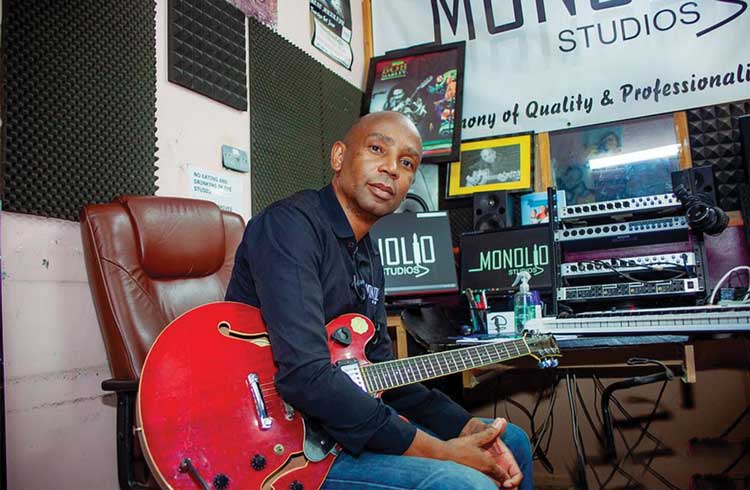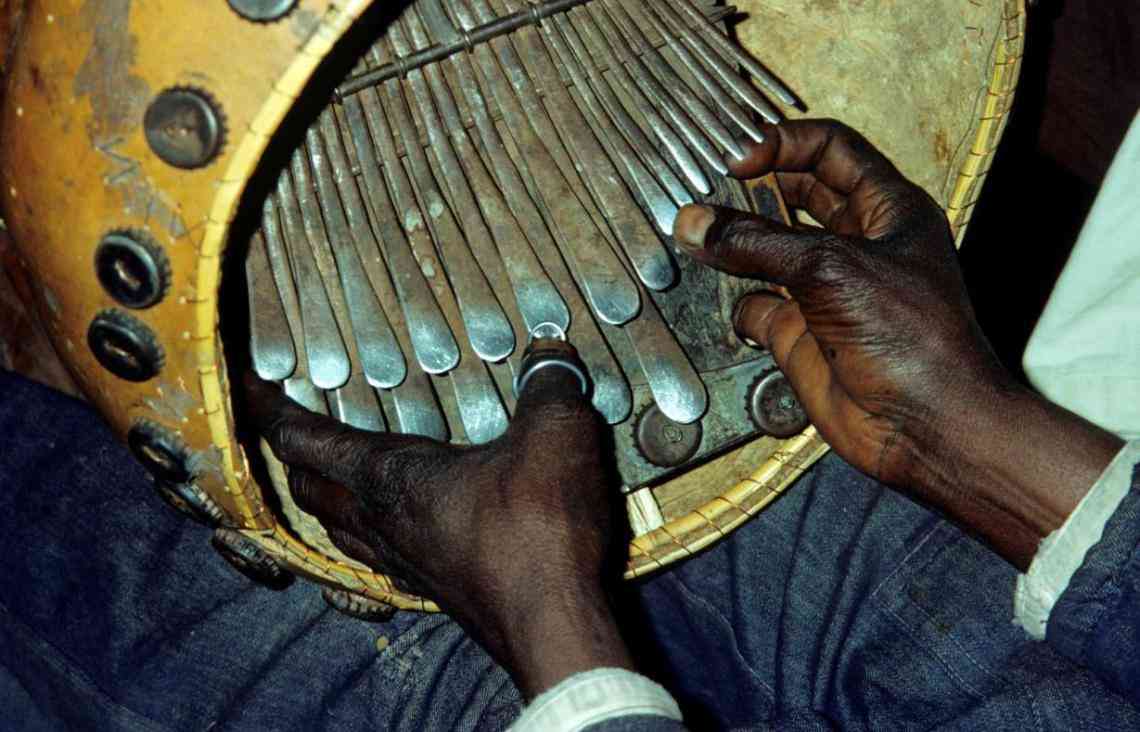
BY NOAH POMO
RENOWNED multi-instrumentalist and music producer, Clive “Mono” Mukundu, is considered one of the most recorded artistes in the country, having featured in over 400 local and international albums.
Mukundu, who owns Monolio Recording Stable in Harare and was raised by a single mother in the high-density suburb of Mufakose in the capital, has conquered adversity.
In a wide-ranging interview on Sublime Studios Africa’s YouTube Channel recently, Mukundu said his first instrument was a guitar in 1988 then keyboards in 1994, adding that he later decided to learn how to play mbira (thumb piano), both the Nhare and Nyunga Nyunga type in 2001.
“The mbira is the most recognised Zimbabwean instrument that is the reason I decided to learn it. I just feel a certain national pride when I play the mbira,” he said.
Mukundu, who also plays marimba, said he started recording music since 2007 and he has featured on over 1 000 albums.
“As producers working behind the scenes, we are not known by the ordinary music lover, but we are celebrities to the celebrities. I have been in the music business since 1988, so this makes it 32 years in the industry,” he said.
“I have worked with musicians who play different genres including rumba, reggae, mbira, rock and jazz. So, I am very versatile in varied genres.
- Chamisa under fire over US$120K donation
- Mavhunga puts DeMbare into Chibuku quarterfinals
- Pension funds bet on Cabora Bassa oilfields
- Councils defy govt fire tender directive
Keep Reading
“I recorded Jamaican singer Luciano’s 2015 collaboration with Jah Prayzah. It was a dream come true. I will always cherish that moment.”
He said he was grateful to have been honoured with the Lifetime Achievement Award at the recently held Zimbabwe Music Awards ceremony in Harare.
“It is rare for people like me, who work behind the scenes, to be awarded. Some call it the dead man’s award since it is usually given posthumously in Zimbabwe, but I am grateful that I have been awarded while I am still alive,” he said.
Among the musicians, who have worked with Mukundu, is the late music legend and hero Oliver “Tuku” Mtukudzi.
“I started working with Oliver “Tuku” Mtukudzi in 2003. That was after his lead guitarist Philani Dube fell sick so he could not go on tour and I had to stand in for him. After he recovered, the following year, Tuku decided that we play together,” he said.
“Together we travelled the world around 25 countries in Africa, Europe and North America. The music was very much accepted because you are more accepted when you sound like an African. Your language becomes an instrument as they don’t care whether they understand your language or not.”
He added: “After leaving Tuku, I started running my own studio in 2007. I took it upon myself to enlighten people in the music business. I had started my mentorship long before joining Tuku and had to continue after I left him.”
Mukundu’s online tutorials on African guitar styles saw him being invited to Michigan State University in the United States for a series of lectures in 2018.
“I started working online outside Zimbabwe with Jah Kabz a Nigerian based in Denmark, Bingo Riot in South Africa (with whom I won a SAMA award) and Stanford Tembo from Zambia,” he said.
“I prefer teaching people for free. I have taught a number of musicians.”
As the country recently updated the education curriculum where primary school kids are now studying music, Mukundu said a number of schools were coming to learn about the music industries at his studio.
Mukundu said he had also taught his son Takakunda how to play a guitar, adding that he wished he had received such parental support.
“He (Takakunda) was not improving on the drums so the mother said he should learn how to play the guitar. She forced him. He found out that he loved the guitar more than the drums,” he said.
“Within a short time, he was playing in bands at the age of 14. He is one of the busiest guitarists in Zimbabwe.”
Takakunda was part of artistes on Jah Prayzah’s latest 16-track album titled Gwara.
As the outbreak of COVID-19 came with lockdowns, Mukundu started jamming it with son Takakunda.
“The COVID-19 lockdown measures were very strict. We could not move around. I posted the recordings online and later incorporated other musicians. We did 123 jams which were then compiled into a free album,” he said.
Apart from music, Mukundu’s versatility extends to writing.
His book Poor and Famous is a musical manual. It covers his experience in the industry and almost every process that goes into music recording. It also explains the jump from analogue to digital recording.
- Follow us on Twitter @NewsDayZimbabwe











